|
For Sama stands alongside documentaries like Citizenfour in depicting the first draft of history. The best of breed of the several Syrian Civil War docs that have chronicled a brutal and bloody period of the 21st century, Waad al-Kateab’s first-person film tracks the initial ecstatic hopes of revolutionary optimism through its fatalistic destruction in the bombed-out husk of Aleppo. For an extra dose of you-are-there urgency, al-Kateab’s husband is a doctor drowning in emergency triage and surgery at one of Aleppo’s last working hospitals, providing plenty of opportunities for all the air to be sucked out of the screening room as he holds the life of one small child after another in his hands. Al-Kateab narrates throughout, and the grief that undergirds her every sentence is less for her neighbors, because with so many of the randomly killed surrounding her, she would be unable to function if she mourned each loss. Rather, the grief is for the lost opportunity of the Arab Spring which kicked off when she was a college student and an active participant when it spread to Syria. Where once she planted gardens and laid down roots for a hopeful future, now she tunes out the constant thrum of Russian fighter jets and wonders where the next barrel bomb is going to indiscriminately land.
0 Comments
Mary Harron’s Charlie Says was the first 2019 film to prominently feature the Charlie Manson murders. Specifically focused on the imprisoned Manson women and their induction into Manson’s Family, Charlie Says offers little of the vicious, history-altering catharsis of the second 2019 Manson-adjacent film, Once Upon a Time in Hollywood. In adapting the work of a prison criminologist who worked with the women, Harron identifies that there’s not much to be taken from the whole affair beyond investigation into how it could’ve happened, but a full understanding doesn’t alleviate the guilt and grief of anyone involved. Charlie Says works its melancholy magic as a blow-by-blow construction and destruction of a cult-infected brain and as a rebuke to the wave of true crime that imagines all of this as exploitative rubber-necking.
The façade of stoic men being cracked open by a horse taps into a primal corner of the mind, planted by some ancient instinct to get closer to nature or bond with another species or who knows what. What better place for this story to get retold than in a prison? Perfectly cast with man-mountain Matthias Schoenaerts as a simmering inmate desperate to get away from people, Laure de Clermont-Tonnerre’s soulful debut The Mustang hits all the right beats in a film that simply works. Everyone involved surely knows that audiences have been in cinematic places like this before, and Clermont-Tonnerre takes the audience down an exceptional version of this comfortable road.
Singing show competitor turned rising film star Jessie Buckley’s gets a centerpiece role in Tom Harper’s Wild Rose, a film bursting with charisma and energy thanks to its irrepressible lead. Harper and writer Nicole Taylor break out from the many movies similar to this one and find new wrinkles and pathways for the aspiring musician protagonist to follow. They incorporate class and the limited choices a lesser financial status provides with a clear-eyed vision of what it takes to distinguish oneself in a crowded market, and with Buckley at the helm, construct a lead with considerable stage presence while also showing how that might not be enough. With uniquely American country music as the chosen art form and a setting in Glasgow, Wild Rose pits the social strata of the old world against the optimism of the new and lets them fight it out.
Seven directors have taken a crack at adapting Louisa May Alcott’s classic novel Little Women, and it’s difficult to imagine any of those versions or a future version topping the one that Greta Gerwig has brought to screens. Gerwig’s second film avoids the autobiographical trap so many indie-bred directors fall into, where her first film, Lady Bird, succeeds based on a deep personal connection and future projects lack the same authenticity. Instead, she seals herself as one of the greatest auteurs of her generation. Her directorial resume might be short, but when both of a director’s films are the best of their respective years, attention must be paid. With Little Women, Gerwig recreates the tonal structure that she brought to Lady Bird, a structure that foregrounds irresistible world-building with a melancholic back half, and builds a hang-out movie out of a beloved text that is also deftly updated for the current moment. Alcott’s original work is clearly powerful if it has persisted for so long: Gerwig’s take should endure indefinitely alongside it.
After Morgan Neville’s tear-jerking, highly successful documentary about Fred Rogers, Won’t You Be My Neighbor, one might think the public’s interest in once again spending time with the beloved-by-all children’s TV host might be satisfied. Marielle Heller disagrees, and proves that interest is bottomless with A Beautiful Day in the Neighborhood, an equally great fictionalized depiction that casts the equally beloved Tom Hanks as Rogers. Unlike Neville’s documentary, Heller and writers Micah Fitzerman-Blue and Noah Harpster make Rogers a supporting character to Matthew Rhys’ irritable journalist, but Rogers’ calming and mystifying presence radiates out over the film. It might be the tumultuous times we live in, but as long as the cinematic output around Rogers is so strong, his presence and message remains welcome and needed.
The vast meat grinder that was World War I doesn’t often serve as the setting for war films. There’s so little triumph or catharsis to be had amongst the millions of lives spent, all so the various relatives of Queen Victoria can decide whose boot gets pressed on the neck of the colonized world. At an individual soldier’s level, cinematic heroism is an impossibility; no one’s writing a tribute for the man who avoided the rats in the trenches and successfully hid in an artillery crater during today’s suicidal charge. For Sam Mendes, these impediments don’t stop him from crafting a technically-immaculate tribute to his WWI veteran grandfather in 1917. Mendes’ desire to honor his ancestor brilliantly splits the difference with a thrilling solo mission that transcends its ahistoricity with a dedicated resistance to triumphalism and a commitment to fatalism. 1917 imagines the best possible 24 hours of the war, and leaves the viewer with the bitter sense of how fleeting such a period would be.
It was only a matter of time before Scott Z. Burns, the diligent screenwriter behind deeply-researched thrillers like Contagion and The Informant, would make his version of Spotlight or All the Presidents Men. Burns makes his blow-by-blow journalistic recreation about one of the last decade’s great works of investigation with The Report, a volcanically angry dedication to the years of lonely work that went into determining who, why, and how the CIA tortured detainees in the time directly after 9/11. This is a bulletproof film that, in an ideal world, would be a required civic lesson for all US citizens. Not only has it gone essentially unchallenged and praised by those most in the know, with the exception of the CIA war criminals and flacks it relentlessly indicts, but, like Contagion, Burns doesn’t let the drier, technical aspects of the script slow down a well-paced and propulsive film. The American people seem to have long forgotten about the crimes of the early 21st century, but The Report ensures that a chronicle of one of the most egregious lives on.
If the only Pedro Almodovar film a viewer has seen is the horny plane comedy I’m So Excited, like this viewer has, then one might be surprised that all the Spanish director’s work isn’t similarly adrenalized. In his latest film, Pain and Glory, Almodovar creates a scene where characters with a lot of drug experience discuss the difference between coke and heroin, and that’s close to the dissonance I had watching it. I’m So Excited is a cinematic stimulant, while Pain and Glory is a groggy recollection in a comfy recliner, a film that visualizes the amount of energy required to stand up and do something when the banal pleasures of routine have otherwise cemented a person in place. Contemplative and languid and likely a window into the aging director’s mind, Pain and Glory is a transporting and sensual film about artistic creation and the epitome of the directive to ‘write what you know.’
Celine Sciamma is known to this viewer as the premier director of the modern coming-of-age film, the latest in a long line of French masters who intuitively understand children and adolescents. Tomboy and Girlhood, written and directed by Sciamma, and Being 17 and My Life as a Zucchini, written by Sciamma, are all raw and powerful depictions of the strong, indescribable feelings coursing through young minds. Perhaps having said all that she can say about growing up, Sciamma moves to adulthood with her period romance Portrait of a Lady on Fire. If there was any concern that she would struggle to create for a new demographic of characters, it’s almost immediately put to bed. Those raw desires that she’s so skilled with remain, but they’re hidden by their sophisticated adult owners under dense layers of subtlety and suspicion that have to be slowly and deliberately chiseled away. As great as Sciamma’s earlier work is, Portrait of a Lady on Fire is better still, an instant all-timer that will likely live forever on critics’ lists and retrospectives.
|
Side PiecesRandom projects from the MMC Universe. Categories
All
Archives
April 2023
|

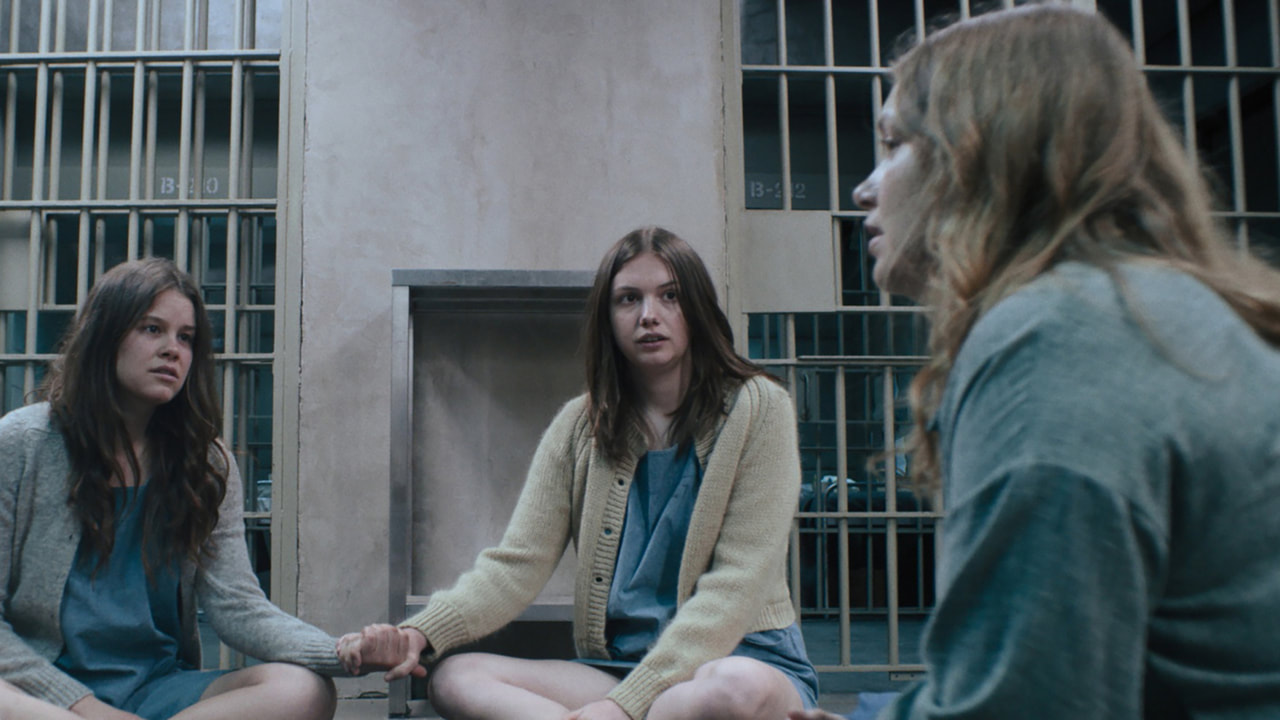
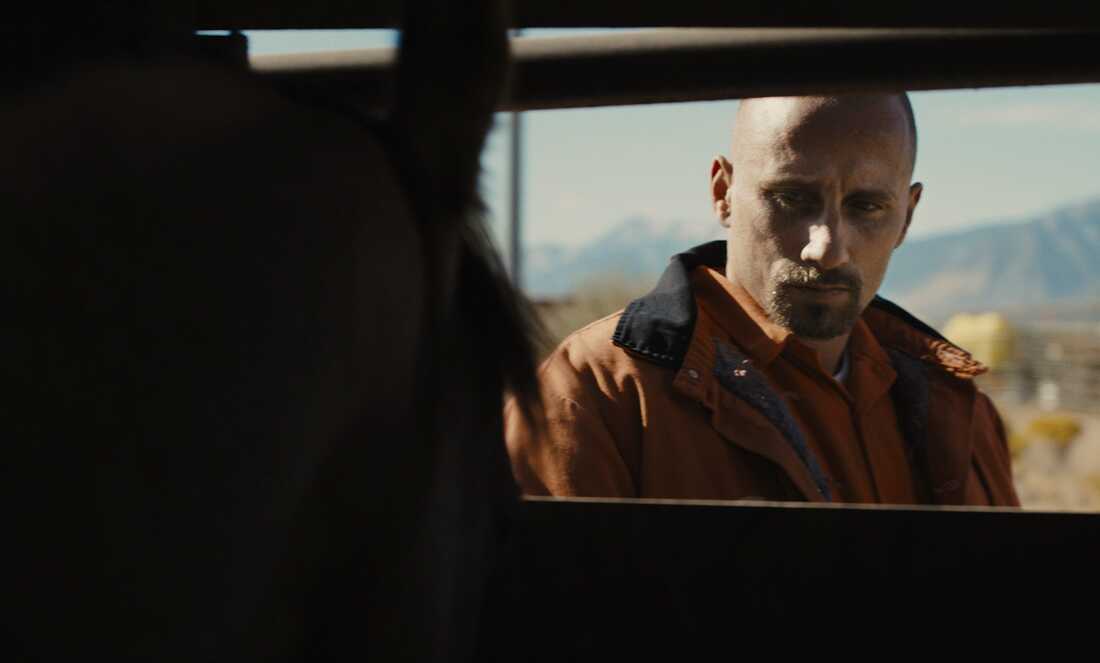

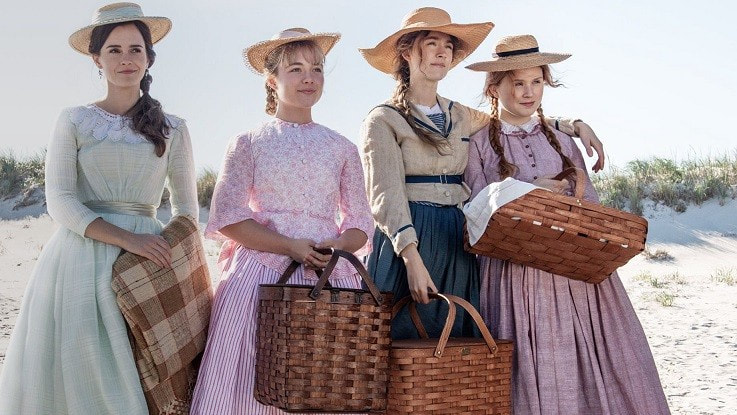
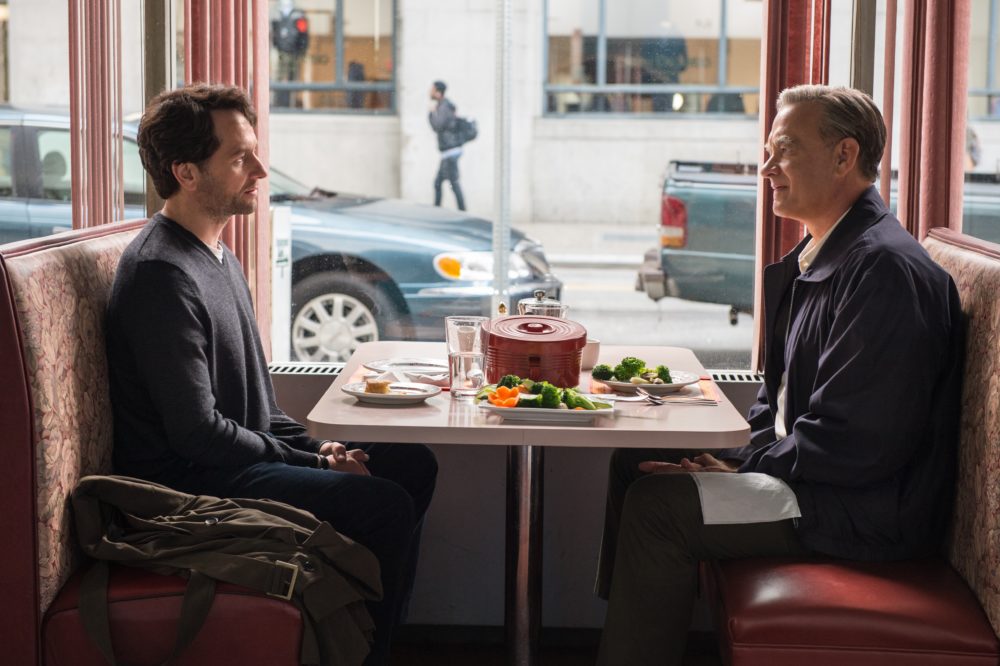
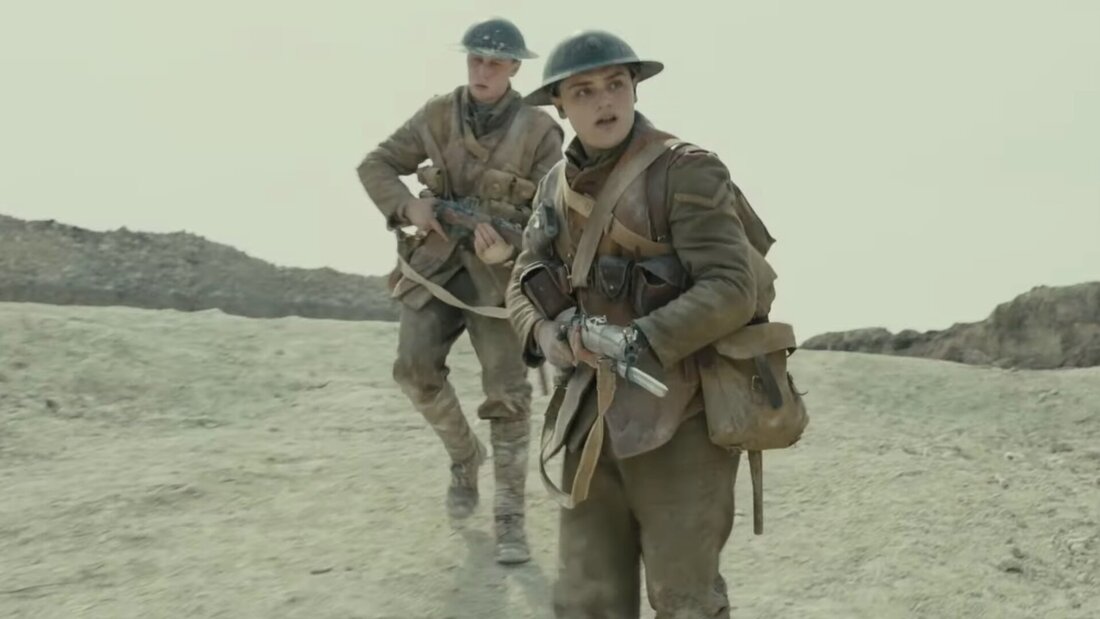
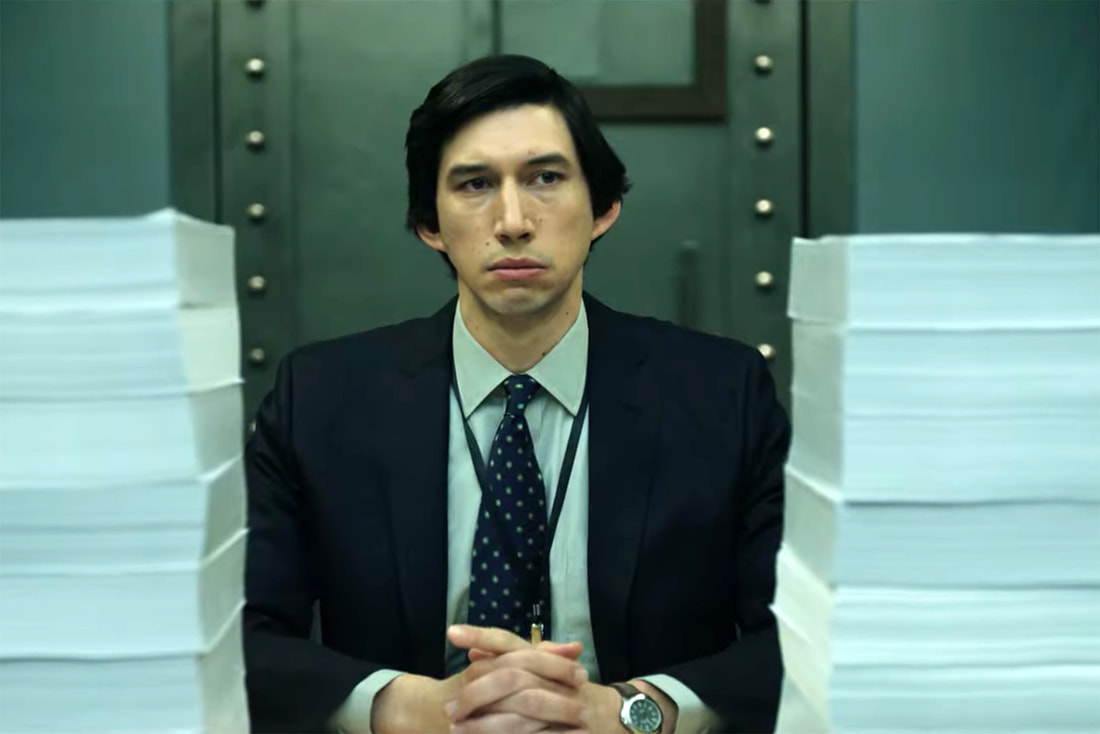
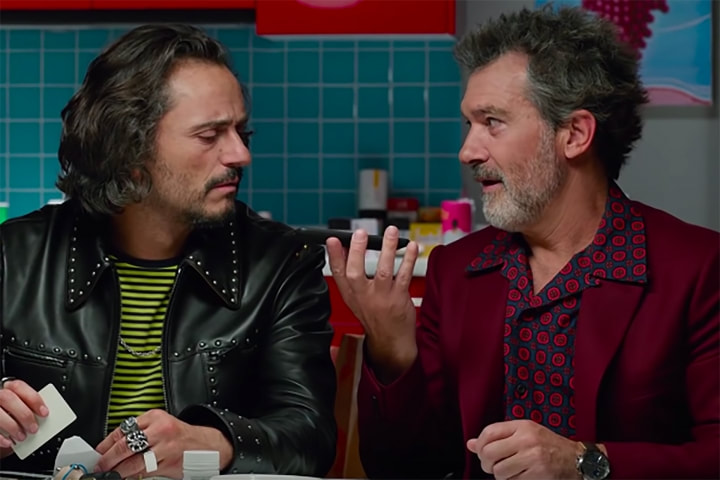

 RSS Feed
RSS Feed